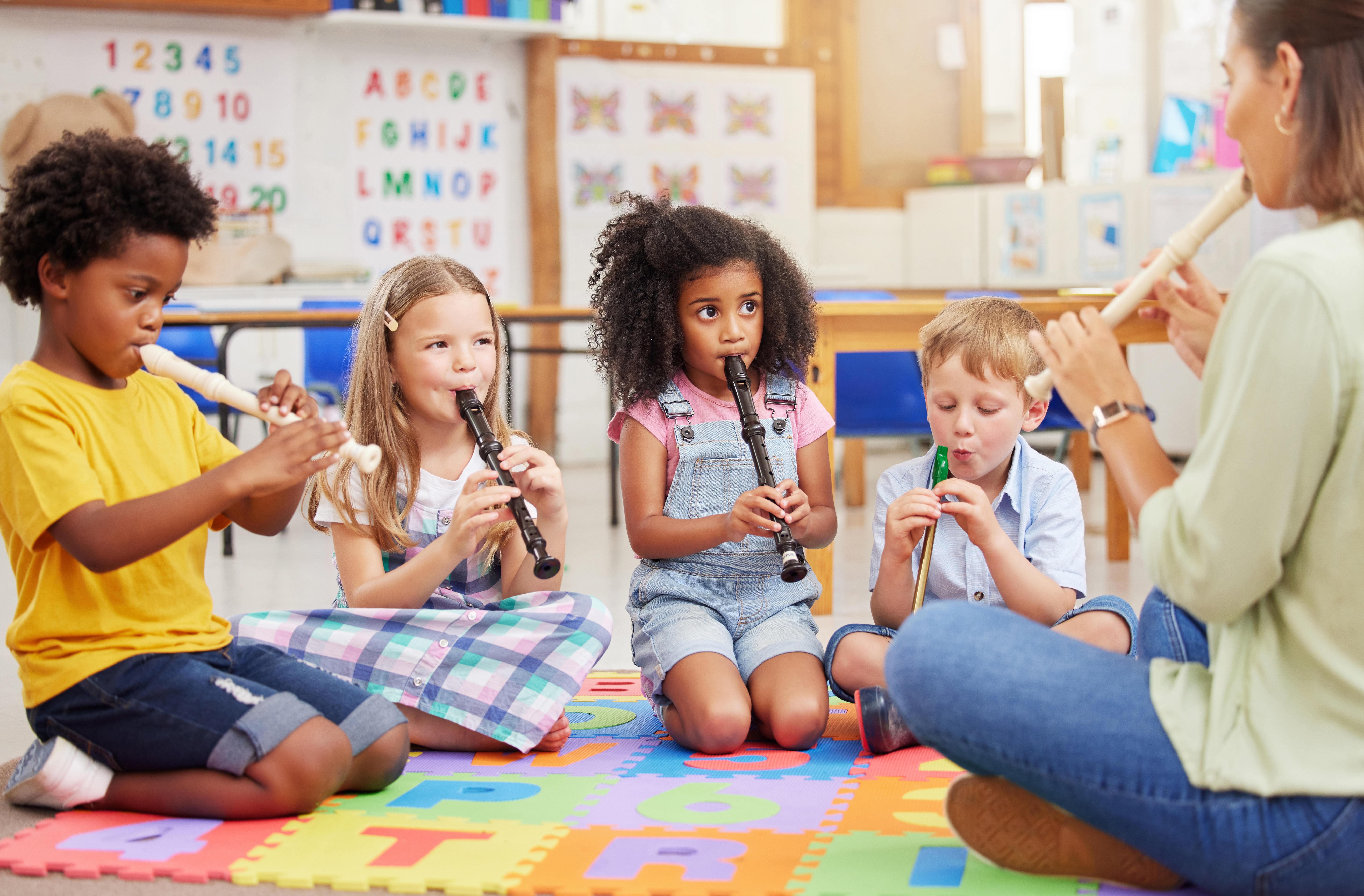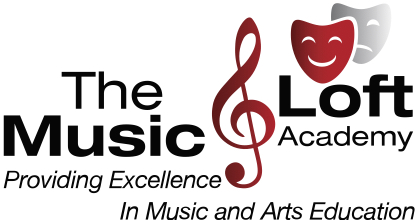
Benefits of Music in School Aged Children
1. Introduction
The Music Loft Academy is a leading music education platform that offers online lessons for school-aged children. It is well-known that music has numerous benefits for children, both academically and personally. Research has shown that music education can enhance cognitive skills, improve academic performance, foster creativity, boost self-confidence, and promote social skills. At The Music Loft Academy, we believe in the power of music to transform young lives. In this blog, we will explore the many benefits of music in school-aged children and why online lessons with The Music Loft Academy are the perfect way to introduce your child to the world of music.
2. Academic benefits of music in school aged children
Music is more than just a fun extracurricular activity; it has significant academic benefits for school-aged children. Numerous studies have shown that music education can enhance cognitive skills and improve academic performance. When children learn music, they develop important skills such as problem-solving, critical thinking, and pattern recognition, which can transfer to other subjects like math and science.
Additionally, playing a musical instrument requires discipline, focus, and patience, all of which are invaluable traits for academic success. Research has also shown that children who receive music education tend to have higher IQ scores and perform better on standardized tests. By incorporating music into their education, children are not only enriching their minds but also gaining a competitive edge in their academic pursuits.
At The Music Loft Academy, we understand the importance of academic excellence, which is why we offer online music lessons that seamlessly integrate with your child’s school schedule. Our experienced instructors are committed to providing a high-quality music education that will benefit your child’s academic journey.
3. Social and emotional benefits of music in school aged children
In addition to the cognitive and academic benefits, music education also provides important social and emotional benefits for school-aged children.
By incorporating music into a child’s education, not only are we nurturing their intellectual growth but also their social and emotional well-being. At The Music Loft Academy, we believe in the holistic development of children, and our music programs aim to provide a well-rounded educational experience.
4. Cognitive benefits of music in school aged children
In addition to the social and emotional benefits, music education in school-aged children also offers significant cognitive advantages. Several studies have shown that learning to play a musical instrument enhances various cognitive skills, including memory, attention, and problem-solving.
Playing an instrument requires a high level of focus and concentration, which helps improve a child’s attention span and ability to concentrate on various tasks. It also promotes the development of fine motor skills and coordination, as children must quickly and accurately maneuver their fingers to produce the desired notes.
By providing music education to school-aged children, we are not only fostering their creative talents but also enhancing their cognitive abilities, setting them up for success in various areas of their lives. At The Music Loft Academy, we pride ourselves on offering a comprehensive music curriculum that nurtures both the emotional and cognitive growth of our students.
5. The importance of music education programs
The cognitive benefits of music in school-aged children highlight the importance of incorporating music education programs into schools. Unfortunately, many schools have been cutting funding for arts education, including music, due to budget constraints and a focus on standardized test scores in core subjects like math and English.
6. Supporting and promoting music in school aged children
To ensure that music education thrives in schools, it is important for parents to advocate for its inclusion in school curriculums. Parents can join parent-teacher associations or speak to school administrators to express their support for music programs. By actively participating in school meetings and events, parents can help create awareness about the importance of music in education.
7. Conclusion: The lasting impact of music on school aged children
- Share


